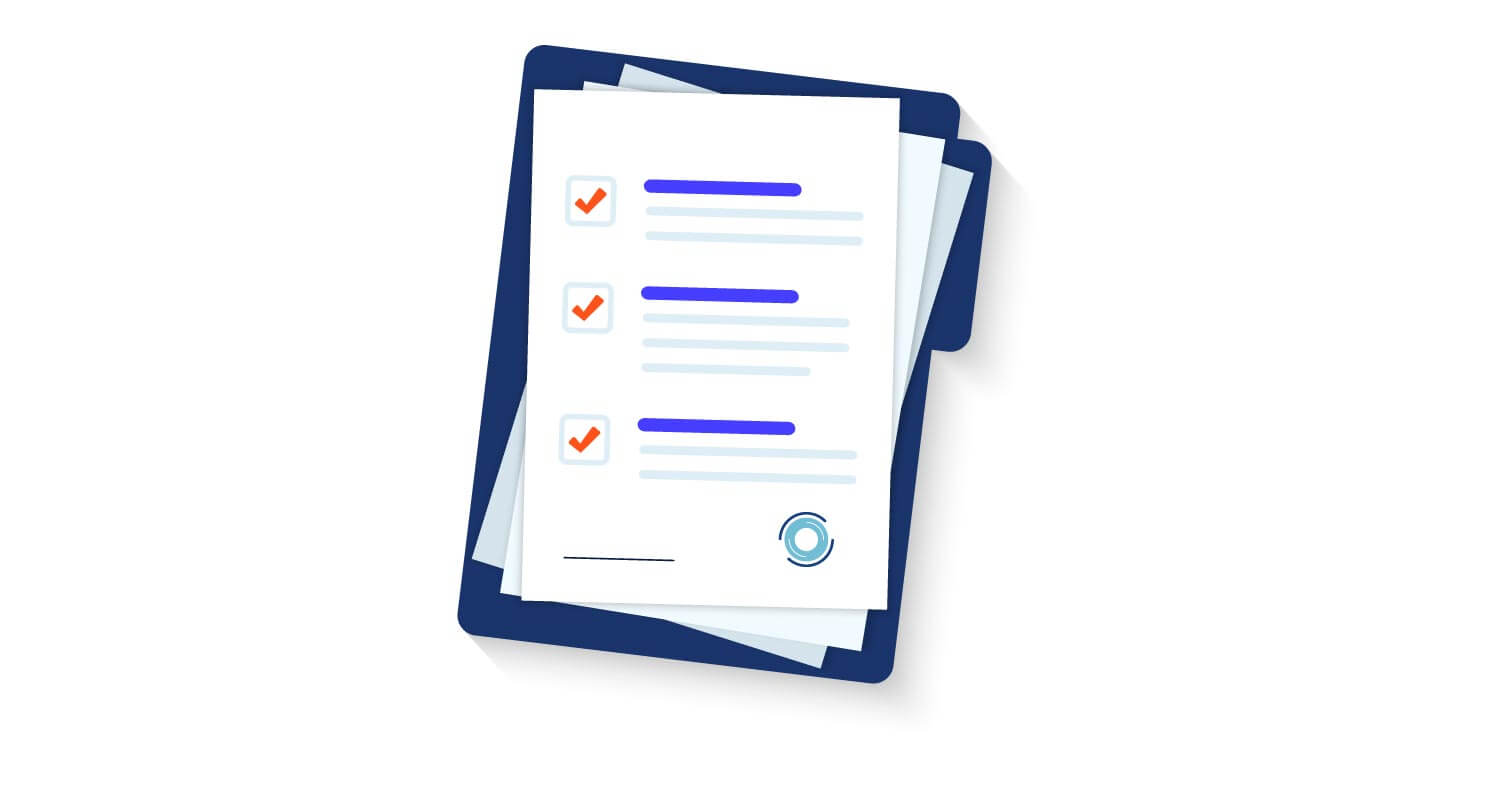Estimated reading time: 4 minutes
There are many business records that can help a business or individual understand more about another business. For example, you may want to view a business’s credit score, learn about owners of a business, or search a business’s tax filings. All of these searches can help an individual or business learn about another business, its payment history, and its creditworthiness. But how else can you learn about a business? Another way to understand a business and its credit history is with Uniform Commercial Code (UCC) filings. Though a UCC filing won’t directly affect a business’s credit score, it can show up on a credit report and reveal information about a business’s finances — which is why it can be important to search UCC filings in a public and private records database when trying to learn about a business.
What is a UCC filing?
A UCC filing is a filing that a lender places on a debtor’s assets, usually business assets, stating that the lender has a right to repossession of those assets until the loan is completely paid off. For example, when a business doesn’t have funding for capital on its own, it may take out a loan to fund the capital from another business. In order to ensure the loan is paid back and protect the lender’s finances if it isn’t, the lender will file a UCC filing, stating that the lender has the right to repossess whatever capital they financed if the debtor defaults on their debt. If the debtor doesn’t pay back a debt, the debtor may take possession of those assets again.
Who has access to a UCC filing?
A UCC filing is a public record, meaning a business’s UCC filings can be accessed in a public records database. Usually, businesses, like corporations or financial services, will want to access other business’s UCC filings using corporate software services to do management due diligence before purchasing, investing in, or lending to that business. Legal professionals may also access UCC filings to perform due diligence or authenticate a business. Collections agencies or repo services can also search UCC filings using collections software solutions to assess if they have a right to personal asset recovery on that business.
What does a UCC filing reveal?
Though a UCC filing does not directly affect the credit score of a business, it does reveal information about that business’s finances and payment history that may be useful to another business, a financial private investigator, or a legal professional. For example, if you’re in a financial services business and you’re considering giving a loan to a business, searching UCC filings can be an important piece of performing due diligence. If a business has prior UCC filings, you may be less likely to provide credit or loan to that business because if the business does not pay your loan back, other businesses that filed a UCC filing before have a right to repossess assets before you do. UCC filing searches can also be an important part of vendor risk assessment tools. If a business has multiple UCC filings, that may make a business more high risk because it shows they have a lot of debt. While UCC filings don’t always mean a business has risky payment behavior, it is still important to access them because they reveal business relationships, like creditor-debtor relationships, which are important in building a profile on and investigating the history of another business.
What do I need to get started accessing UCC filings?
To get started accessing UCC filings, use a public and private database like Tracers. Tracers allows you to easily search UCC filings by SSN, EIN, business name, creditor name, address and more. With a UCC filing search in Tracers, you can gather UCC filing date and history plus business details, SIC classification, risk scores, creditor and debtor information and more — all of which can help you understand more about a business and perform due diligence.
If you’d like to learn even more about a business using Tracers public and private records database, you can search other business records and view business credit reports, perform a combined business search, or search DBA/FBN records, FEIN-Tax ID records, corporate records, and workplace records. And with fast people find through API and batch processing solutions, you can customize your data collection methods to fit your unique needs. Interested in seeing a business search in action? Get started with Tracers today.


1 thought on “What is a UCC Filing?”
Comments are closed.